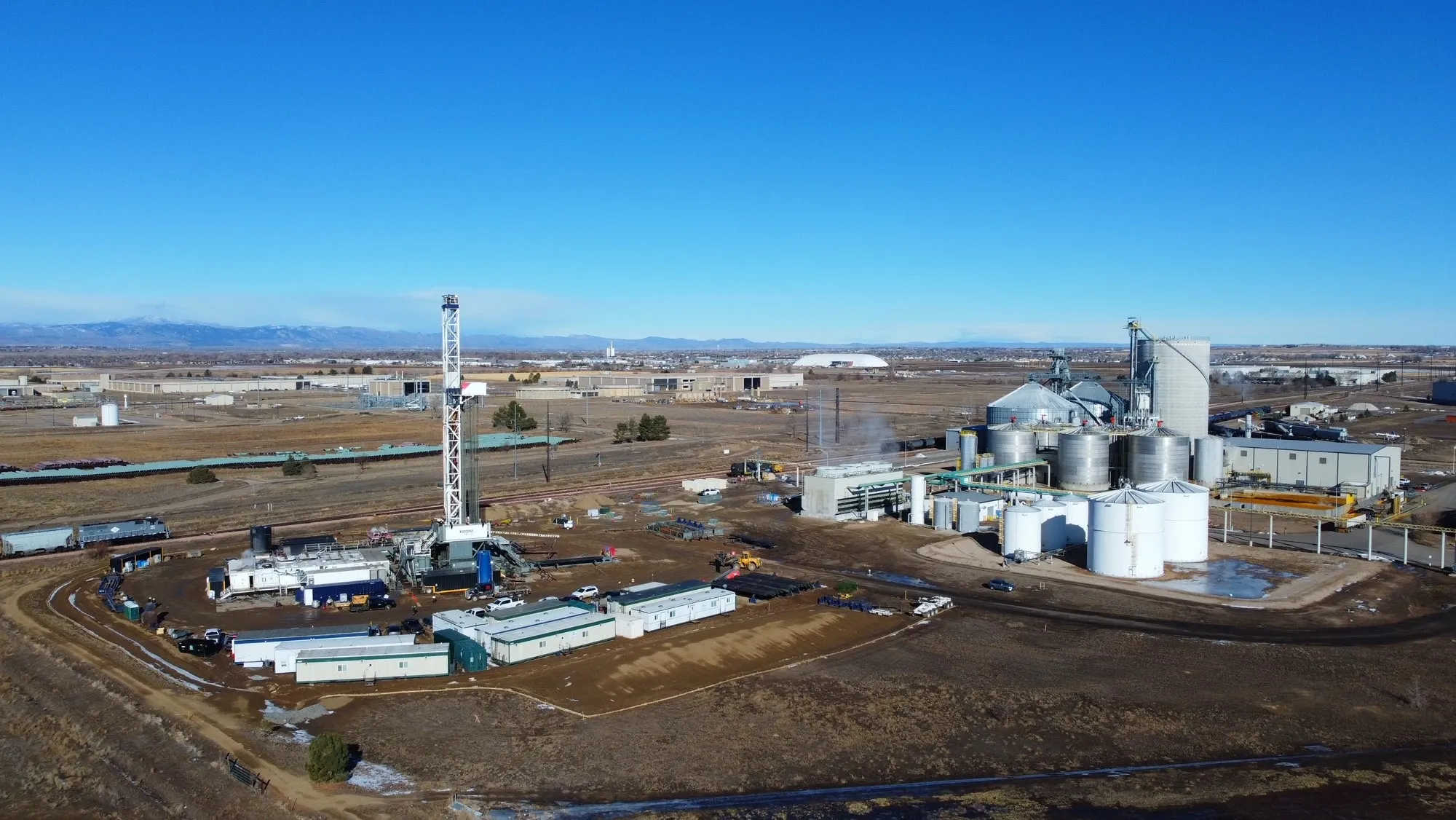Editorial: Now it’s up to Colorado’s energy industry to propose a new code of conduct

Will Colorado’s energy sector step up? That’s the question after voters on Nov. 6 defeated Proposition 112, which would have devastated the state’s $31 billion oil-and-gas industry. The measure would have imposed setbacks of 2,500 feet on any new drilling operations, compared with the 500-foot requirement today.
That increase would have effectively halted oil-and-gas drilling operations in the state, thereby decimating the industry. For that reason, BizWest opposed 112, and we were gratified that it failed by more than 200,000 votes.
Now, however, it’s up the energy sector to come forward with reasonable measures that would alleviate…
THIS ARTICLE IS FOR SUBSCRIBERS ONLY
Continue reading for less than $3 per week!
Get a month of award-winning local business news, trends and insights
Access award-winning content today!


